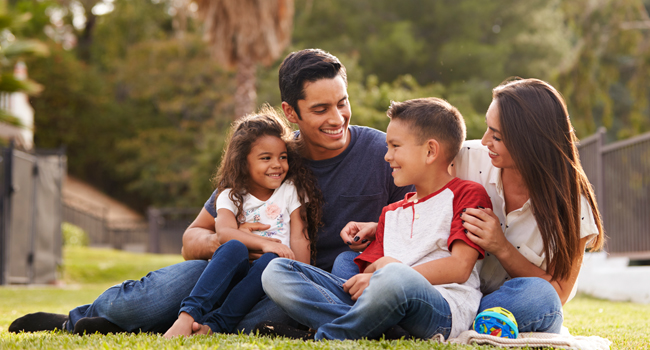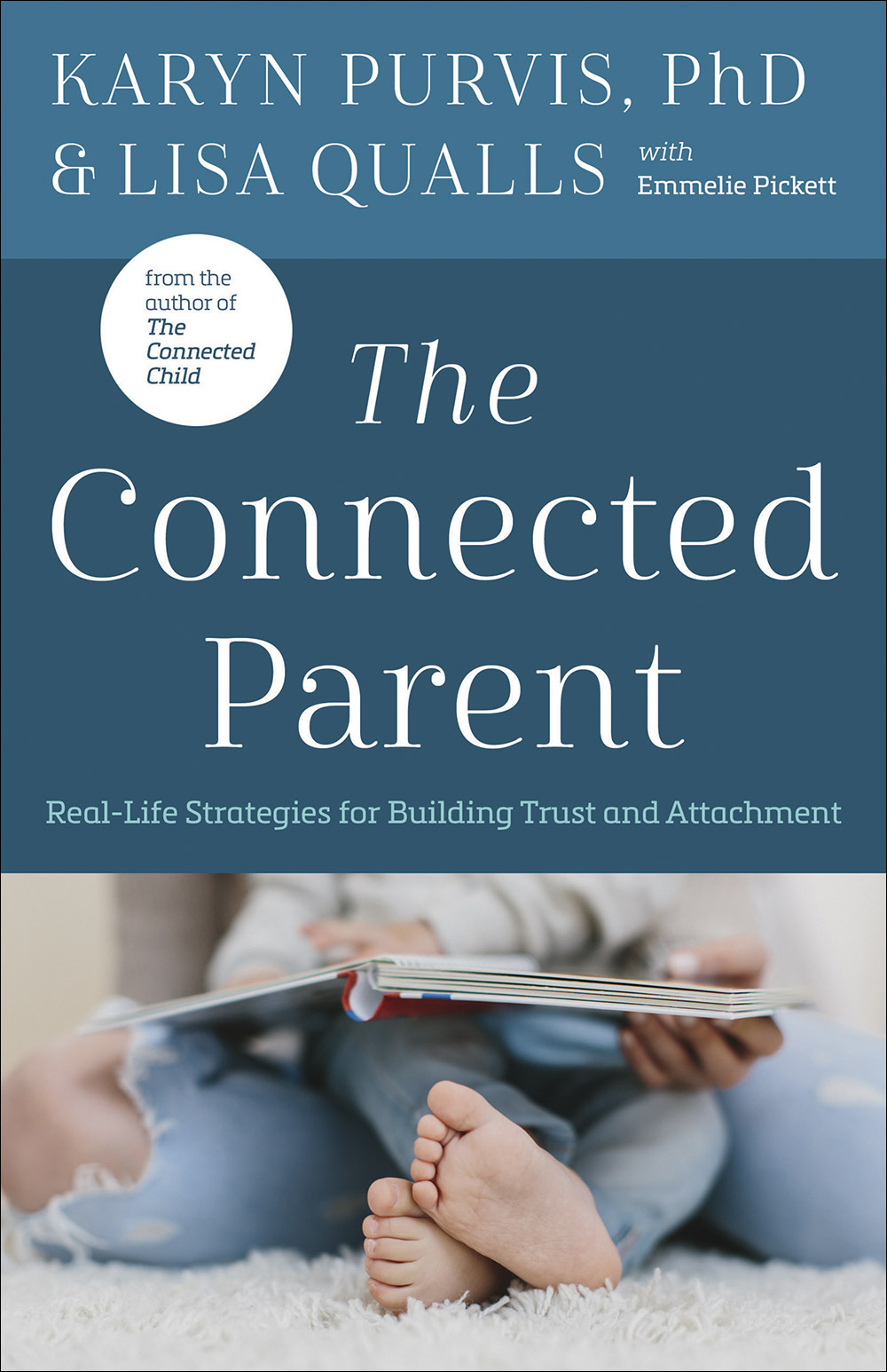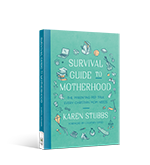
Sign Up for Updates
Connect
TOPICS
- Latest Blog
- Fiction
- Inspirational/Devotional
- Men's Christian Living
- Prophecy
- Women's Christian Living
- View All
ARCHIVES
You Can Create a Strong Connection with Your Kids
Posted on Jun 02, 2020 Topic : Men's Christian Living, Women's Christian Living
Posted by : Lisa Qualls

In 2007, my husband, Russ, and I traveled to Ethiopia to meet our three new children. Our first stop was the orphanage to see our newly adopted daughter, Kalkidan, for the first time. Two hours later, we would go meet our boys. This was the moment I had yearned for. I wanted to hold her in my arms and tell her I would never leave. She would have a mommy once again.
We walked through the blue metal gate of the orphanage, scanning the group of children. We looked for the little girl with bright eyes and the cutest dimples we’d ever seen. We’d spent so many months looking at that sweet face in the picture on our refrigerator that I knew it by heart.
The children in the courtyard gathered around us lifting their arms to be held and asking for treats, but my eyes were focused on Kalkidan. I knelt down next to her and said, “Kalkidan?” She smiled shyly nodding her head.
I said, “Mommy” while pointing to myself, “I’m your mommy.” As I opened my arms, she came into my embrace. I scooped her up and held her against my body. She was no longer an orphan.
Although we had been parents for 20 years, much of what we knew about raising children was about to change. Sadly, many children like Kalkidan who come from hard places also come with a unique set of challenges due to their early experiences. When children experience trauma, their brain chemistry changes. These physical changes have a tremendous impact on their behavior.
Tragically, these children may lose the ability to trust even the most well-intentioned adults who care for them. They may see the world as a threatening place and be constantly on the lookout for danger.
Having already parented seven children, I had seen my share of temper tantrums, but Kalkidan’s rages were far more extreme. She was filled with fear, though outwardly she was presenting aggression, anger, and a competitive spirit. On the fight, flight, or freeze spectrum, she was in all-out fight mode.
Our other children were stunned and scared. Our home no longer felt happy. An event as simple as family dinner became a battleground. I went on a desperate search for help. I loved my children, but parenting them, particularly Kalkidan, had brought me to my knees.
God sent me help in the form of Dr. Karyn Purvis from TCU. As a developmental psychologist she had devoted her life to finding ways for children and their families to heal through building trust and attachment.
From her, I learned how to parent with healing in mind, to connect before correcting, to be aware of my child’s sensory needs, and so much more. We added simple scripts to our parenting vocabulary and tucked healthy snacks in our daughter’s pockets before school each day. We tried to anticipate her needs and meet them before a meltdown developed.
During that time of intense learning, I often wished I could see how other parents were doing it. What did trust-based parenting really look like in other families? What did they say and how did they cope with challenges?
When Kalkidan was 13, she gave me a handwritten note. In it she expressed sadness about something I had said that hurt her feelings. This was stunning. She used her words to tell me how she felt. This may not seem like much, but for a child who had spent her life using negative behavior to communicate sadness, fear, and anger, this was a miracle.
That note lives in my Bible as a reminder of God’s kindness and healing power. It’s never too late to learn a new way to live and to love your children.
***
Do have a child that has experienced trauma? You can learn how to lovingly connect with your child, just like Lisa did.

Read more in The Connected Parent by Dr. Karyn Purvis and Lisa Qualls

